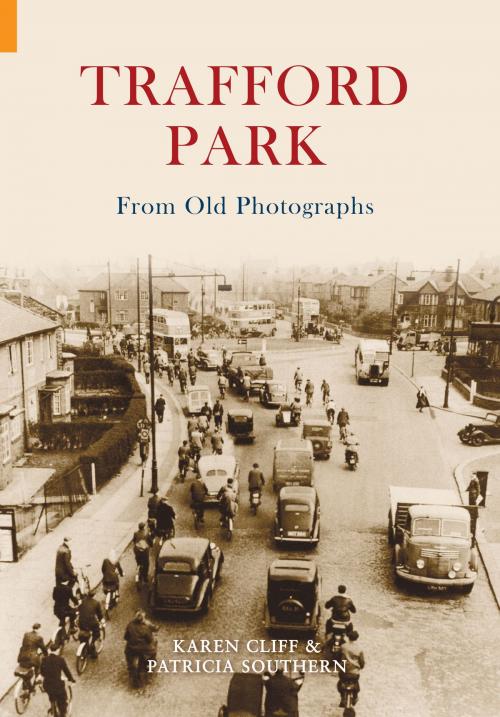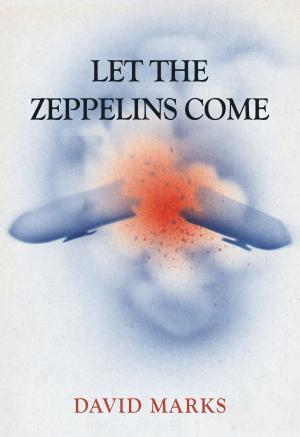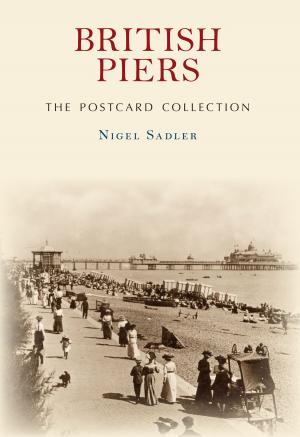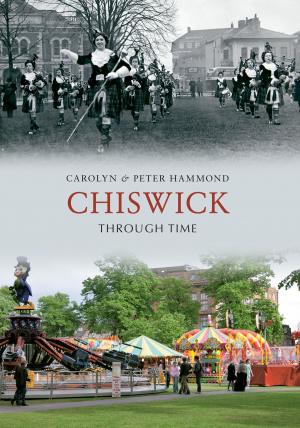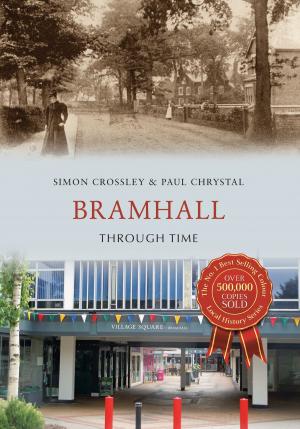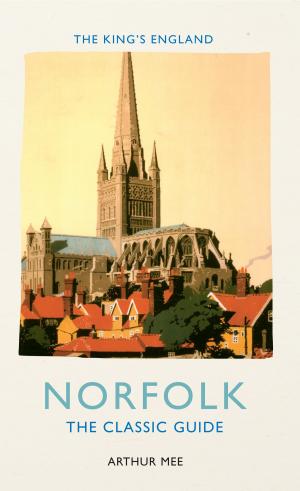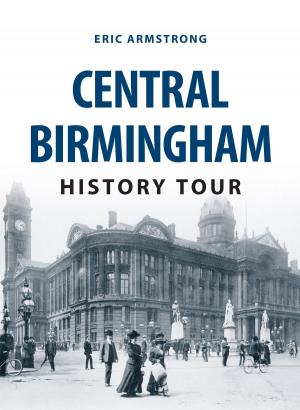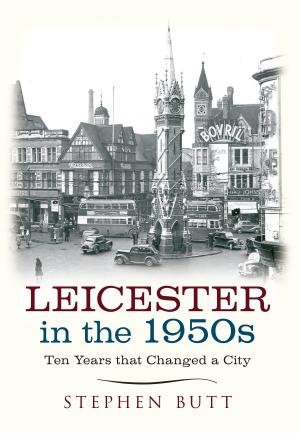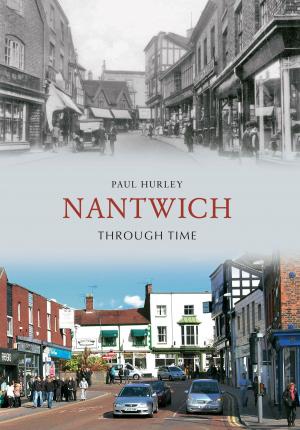Trafford Park From Old Photographs
Nonfiction, Art & Architecture, Photography, Pictorials, Travel, History| Author: | Patricia Southern, Karen Cliff | ISBN: | 9781445624617 |
| Publisher: | Amberley Publishing | Publication: | December 15, 2008 |
| Imprint: | Amberley Publishing | Language: | English |
| Author: | Patricia Southern, Karen Cliff |
| ISBN: | 9781445624617 |
| Publisher: | Amberley Publishing |
| Publication: | December 15, 2008 |
| Imprint: | Amberley Publishing |
| Language: | English |
This is the story of Trafford Park in vintage photographs, once the largest industrialised area in Britain and the workshop of Greater Manchester. The industrial zone known as Trafford Park, between the Manchester Ship Canal and the Bridgewater Canal, began life as an extensive area of parkland surrounding the stately home of the de Trafford family. Finding themselves completely hemmed in by waterways after the establishment of the Manchester Ship Canal, the de Traffords vacated the land, opening up the whole area for industrial development. Gradually the whole area was covered with factories and the ancillary roads and railway lines, as the advantages of the transport links impressed themselves on developers and businessmen.Trafford Park became the largest industrialised area in Great Britain, drawing in a labour force from all over the country. Housing was built in the Park itself to meet the accommodation needs of the incoming workers and their families, and the expansion of nearby towns like Stretford owed much to the proximity of factories and jobs. After a decline in the late sixties and early seventies, Trafford Park is once again a vast centre of industry and business. Ask anyone in the Greater Manchester area about Trafford Park, and they will either have worked there themselves, or know someone who did. It features a wonderful selection of over 200 vintage photographs. It is written by two expert local historians.
This is the story of Trafford Park in vintage photographs, once the largest industrialised area in Britain and the workshop of Greater Manchester. The industrial zone known as Trafford Park, between the Manchester Ship Canal and the Bridgewater Canal, began life as an extensive area of parkland surrounding the stately home of the de Trafford family. Finding themselves completely hemmed in by waterways after the establishment of the Manchester Ship Canal, the de Traffords vacated the land, opening up the whole area for industrial development. Gradually the whole area was covered with factories and the ancillary roads and railway lines, as the advantages of the transport links impressed themselves on developers and businessmen.Trafford Park became the largest industrialised area in Great Britain, drawing in a labour force from all over the country. Housing was built in the Park itself to meet the accommodation needs of the incoming workers and their families, and the expansion of nearby towns like Stretford owed much to the proximity of factories and jobs. After a decline in the late sixties and early seventies, Trafford Park is once again a vast centre of industry and business. Ask anyone in the Greater Manchester area about Trafford Park, and they will either have worked there themselves, or know someone who did. It features a wonderful selection of over 200 vintage photographs. It is written by two expert local historians.
